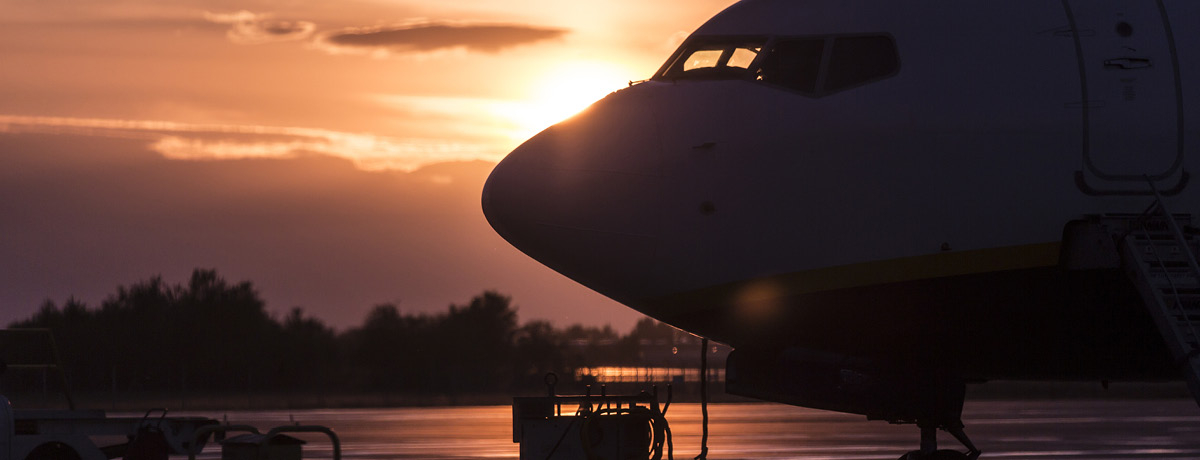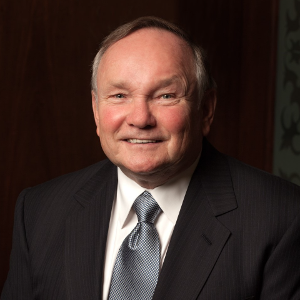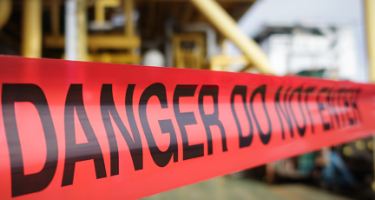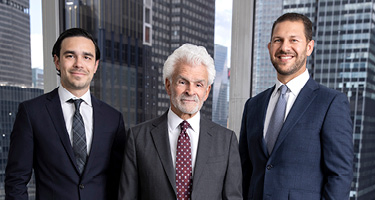March 10, 2019 — for 157 families, the day is forever etched in their minds. It marked the crash of a Boeing 737 Max 8 jet shortly after takeoff from Addis Ababa, Ethiopia headed to Nairobi, Kenya. It was the second crash of the same type of new aircraft in less than five months. A Lion Air Boeing 737 Max 8 crashed shortly after takeoff killing all 189 aboard.
As Boeing got busy blaming the “foreign” pilots, its executives likely never thought that the faulty design of a new software system, Maneuvering Characteristics Augmentation System (MCAS), would be discovered. The company had carefully hidden the existence of MCAS from the Federal Aviation Administration (FAA) so as to save money on simulator training of pilots around the world, a costly undertaking, perhaps in dollars, but at the sake of 346 lives. Ultimately, the entire fleet was grounded worldwide in the longest grounding of an aircraft — nearly two years — while Boeing frantically tried to find a fix so that it could keep filling Boeing 737 Max 8 orders for the airlines.
Following a number of congressional hearings and tanking stock prices, the crashes led to the departure of Boeing’s CEO, Dennis Muilenburg, only to be replaced by another corporate insider, David Calhoun, who after four years announced his early retirement at the end of 2024, but not before the debacle of a Max 9 aircraft involving part of a plane’s fuselage, a door panel, flying off shortly after takeoff. Lives were spared only because the plane was at an altitude of 16,000 feet. Had the blowout occurred a mere two minutes later in flight, the story would have had a much different ending.
In an attempt to reverse a trend of outsourcing manufacturing of parts, Boeing reportedly is in talks with the maker of those door plugs, Spirit AeroSystems of Kansas, to buy back the entire company, a company it had spun off nearly 20 years ago. But on March 29, 2024, the Texas Attorney General announced his office is investigating that parts supplier, ordering Spirit AeroSystems to turn over documents related to manufacturing defects that led to the grounding of dozens of Boeing Max 9 planes as well as documentation concerning the company’s decision to fire whistleblower Joshua Dean after he reported the defects.
In March 2024, Federal Trade Commission Chair Lina Khan wrote an article, “America has a Resilience Problem,” for Foreign Policy magazine, citing Boeing as an example of a once-great American corporation hollowed out by monopoly when it eliminated its only domestic commercial aerospace competitor, McDonnell Douglas. She wrote, “Worse quality is one of the harms that most economists expect from monopolization because firms that face little competition have limited incentive to improve their products. … Reporting suggests that Boeing executives began to view their knowledgeable workforce as a cost, not an asset, with tragic outcomes.”
And then comes word that the FAA has uncovered dozens of Quality Control issues at Boeing, according to The New York Times. Following an audit in February, the FAA reportedly gave Boeing 90 days to develop a plan for quality control improvements. Many of the problems fell under the category of failure to follow "approved manufacturing processes" and failure to keep proper quality control documentation, according to The New York Times.
In the years before Boeing bought out McDonnell Douglas, the saying was, “If it ain’t Boeing, I ain’t going.” Now TikTok users have turned that saying into a joke, but no one is laughing because of the real fears involving the safety of those planes, as Calhoun — who committed himself to fixing the issues — bails. TikTok social media users are posting videos saying things like, “flying on the Boeing 737 Max … wish us luck” and “how to avoid flying on a Boeing Max for your future flights” and “never flying the 737 Max again. scariest flight ever.” Those are quite different phrases from Boeing’s popular slogan of the 1980’s with one commentator joking that Boeing’s new motto is, “When one door closes, another one opens.”
Boeing’s top executive stepping down this year is the tip of the iceberg in a broader shakeup of the airplane manufacturer’s top leadership announced on March 25, 2024. It is disappointing that it took a door panel coming off in midair of the Max 9 to get Calhoun to exit. He told the press that the Alaska Airlines door incident flying off in January was a “watershed moment.” That statement strikes at the very hearts of those who lost loved ones in two fatal crashes five years before.
Two Boeing Max 8 planes crashed within five months while Calhoun sat as Chair of Boeing’s Board of Directors, yet it takes the sloppy design of a different aircraft — grounded in greed — to lead him to want to leave early. Boeing’s Board of Directors even changed company bylaws in 2021 to accommodate Calhoun to extend the initial mandatory retirement age of 65 to 70. Calhoun is now 66 with plans originally set to retire in 2028. The “watershed moment” for him should have been when nearly 400 people died in the Boeing 737 Max 8 disasters years ago. If taken seriously back then, it is likely that the Alaska Air debacle could have been averted, and the company would be on the way to healing itself and ensuring the safety of the flying public. The victims’ families knew that the culture of profit over safety would not change when Calhoun took over in January 2020 because he was raised on that principle.
It also was announced that effective immediately in March 2024 the CEO of the commercial airline unit that oversees the production of the Boeing 737 Max 8, Stan Deal, is leaving to be replaced by Boeing’s chief operating officer, an MBA grad and not an engineer, Stephanie Pope. Boeing Chairman of the Board Larry Kellner also is stepping down. He will be succeeded as chair by Steve Mollenkopf, who has been a Boeing director since 2020, Boeing announced in March 2024. Effective August 8, 2024, a new CEO took over the helm at Boeing – Robert K. “Kelly” Ortberg, an aerospace veteran.
The exodus is just a start. As the victims’ families of the Boeing crash have stated, the company needs a complete cleanout. Competent people who value safety must be running the 108-year-old company to send a message throughout the entire industry that it is serious about making planes that are safe. All Boeing workers must take pride in what they are doing with the lives of every passenger in their hands. That simply isn’t the case, as dozens of whistleblowers and previous employees have complained. Boeing must come to terms with the fact that the MAX aircraft must be totally re-certified. Boeing engineers must work on the latest state-of-the-art design of a new aircraft instead of retooling a plane that has been in the air for 50 years for the purpose that the FAA conducts less scrutiny.
There’s just too much wrong with that aircraft, and it was documented in a 2022 award-winning film, “Boeing’s Fatal Flaw,” that was updated by PBS and The New York Times in March 2024.
In May 2024, the U.S. Department of Justice (DOJ) determined that the conduct of Boeing that led to the door mishap of the Max 9 amounted to a breach of the previous deferred prosecution agreement (DPA) entered into in January 2021. After conferring with Boeing and the victims’ families, the DOJ then announced on May 14, 2024, that it would recommend that Boeing executives not be individually prosecuted but that a plea agreement be entered into with the aircraft manufacturer.
Under the terms of the agreement, Boeing agreed to plead guilty to a criminal fraud conspiracy charge and pay at least $243.6 million after breaching a 2021 agreement with the U.S. Justice Department. That deal that would require an independent corporate monitor at the company for three years, but the families take issue with the appointment process and duties of the corporate monitor. That matter is now before Texas federal district court Judge Reed O’Connor who is overseeing the criminal matter involving the criminal conspiracy charge against Boeing. In briefs before Judge O’Connor, the families argue that the plea agreement – what families term a “sweetheart deal” -- improperly conceals the deadly consequences of Boeing’s crime that led to the deaths of 346 innocent people. They argue that the DOJ did not reasonably confer with the families about specific terms of the plea agreement even though they have been deemed victims under the federal Crime Victims’ Rights Act.
Apparently, Boeing doesn’t see the Boeing 737 Max issues as problems so long as it can throw money at it to try to make it go away. But as its stock price plummets to all-time lows, many families of the crash in Ethiopia wait for justice in another courtroom in Chicago. Their civil cases, if not settled, will have their say before a jury of their peers to determine the worth of the lives of their loved ones. It is a difficult decision, but bringing back those victims just isn’t possible, and Boeing knew that even after the first crash when it studied the Max 8 and found that the fleet would suffer 15 crashes if changes weren’t made. That is one every other year. As the Frontline documentary reported, Boeing gambled it could fix the MCAS system before the second crash. It gambled wrong. And 157 lives and their families paid the ultimate price.


































